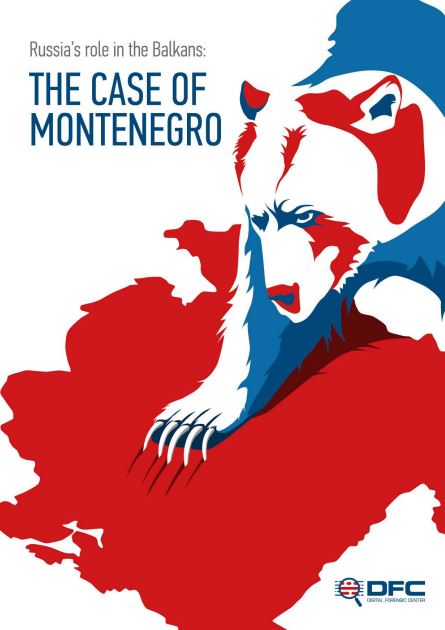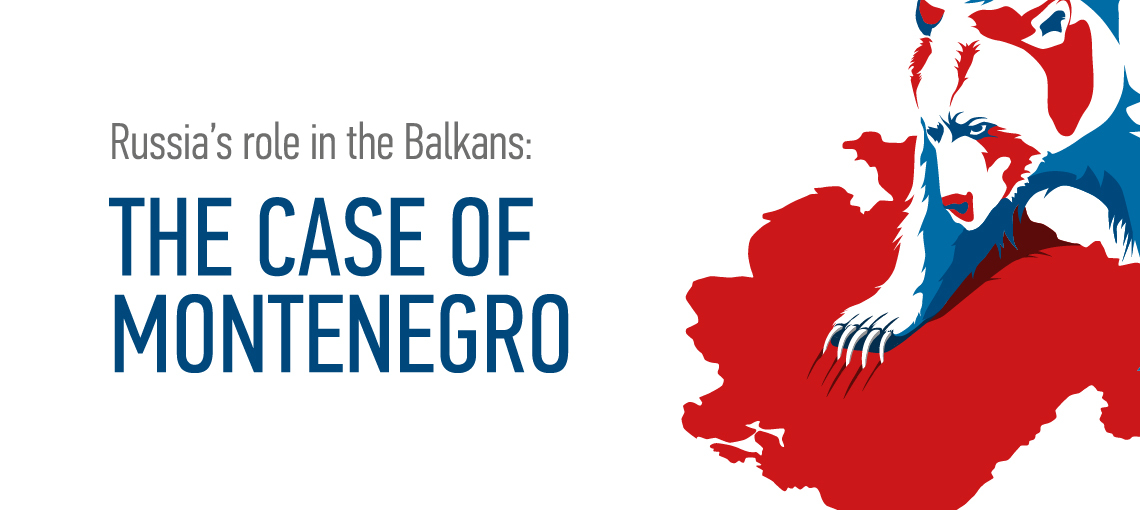This study Russia’s Role in the Balkans: The Case of Montenegro aims to expose the Kremlin’s malign influence on Montenegro to Montenegrin and the broader public, exercised through the soft power implementation between Crimea annexation and July 2021.
The goals, the methods, the collaborators, and the effects of the Russian soft power in Montenegro have been analyzed, including the ways in which they have been projected to the wider region. The concrete examples show how the Russian presence is jeopardizing not only the strategic course of Montenegro but also the Euro-Atlantic integration of the Western Balkans.
After it received a NATO membership invitation and after the 2020 government change, Montenegro has become, due to a set of circumstances, a fertile ground for diverse Kremlin influences, and it seems that this issue is not adequately referred to or addressed enough within the society. The study was written with the aim of presenting conclusions and recommendations to the experts in Montenegro and abroad, who tackle Russia, in one way or another, and to help expose Russian influence in Montenegro.
The paper is penned and encompasses the aforementioned period and a detailed analysis of key notions such as the Russian soft power, which differs a lot from the original U.S. soft power concept introduced by Joseph Nye; the activities of the fundamental pillars of the Russian presence, such as Serbia; the Russian and the Serbian Orthodox Church; the media; the far-right pro-Russian political parties, politicians, and organizations; and the Russian intelligence services.
Conclusions and recommendations were derived from the analyses and may be found at the end of the study
You can find the study on THIS LINK or by clicking on the image below:


